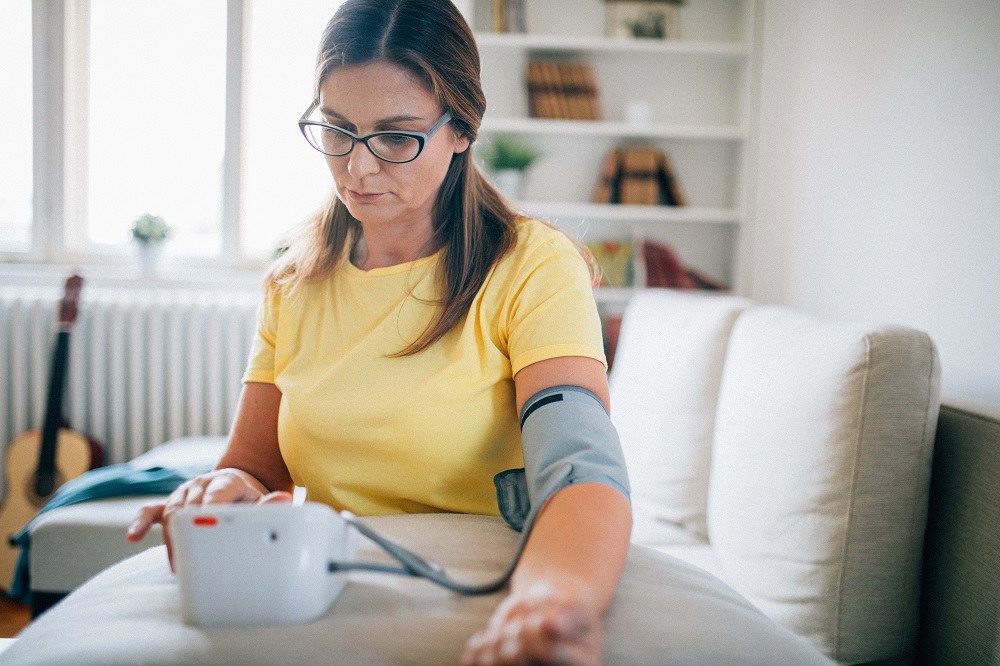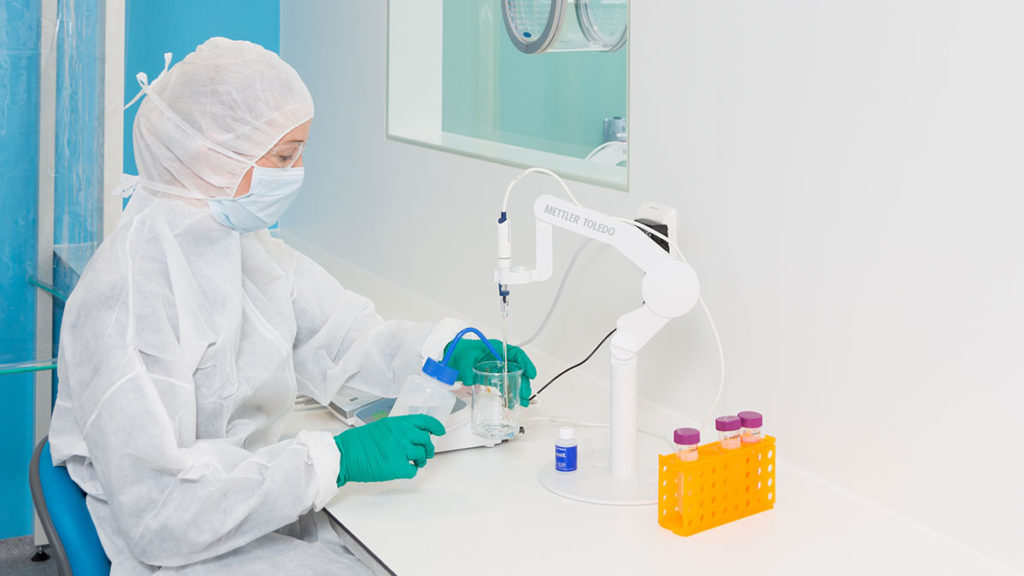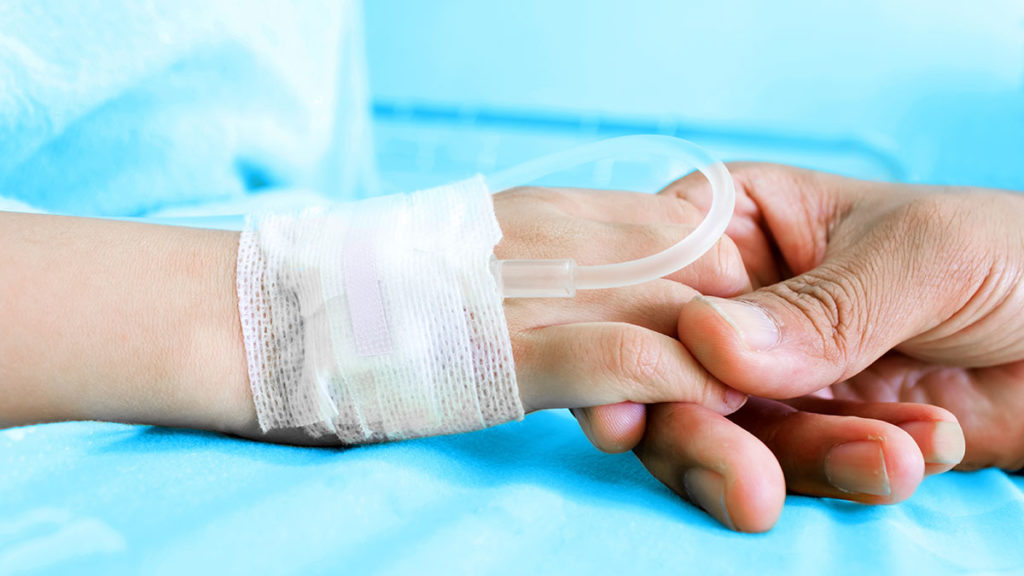Clinical trials involve testing new drugs and medical equipment on human subjects. In clinical trials, patients get access to medicines and equipment long before they are on the market.
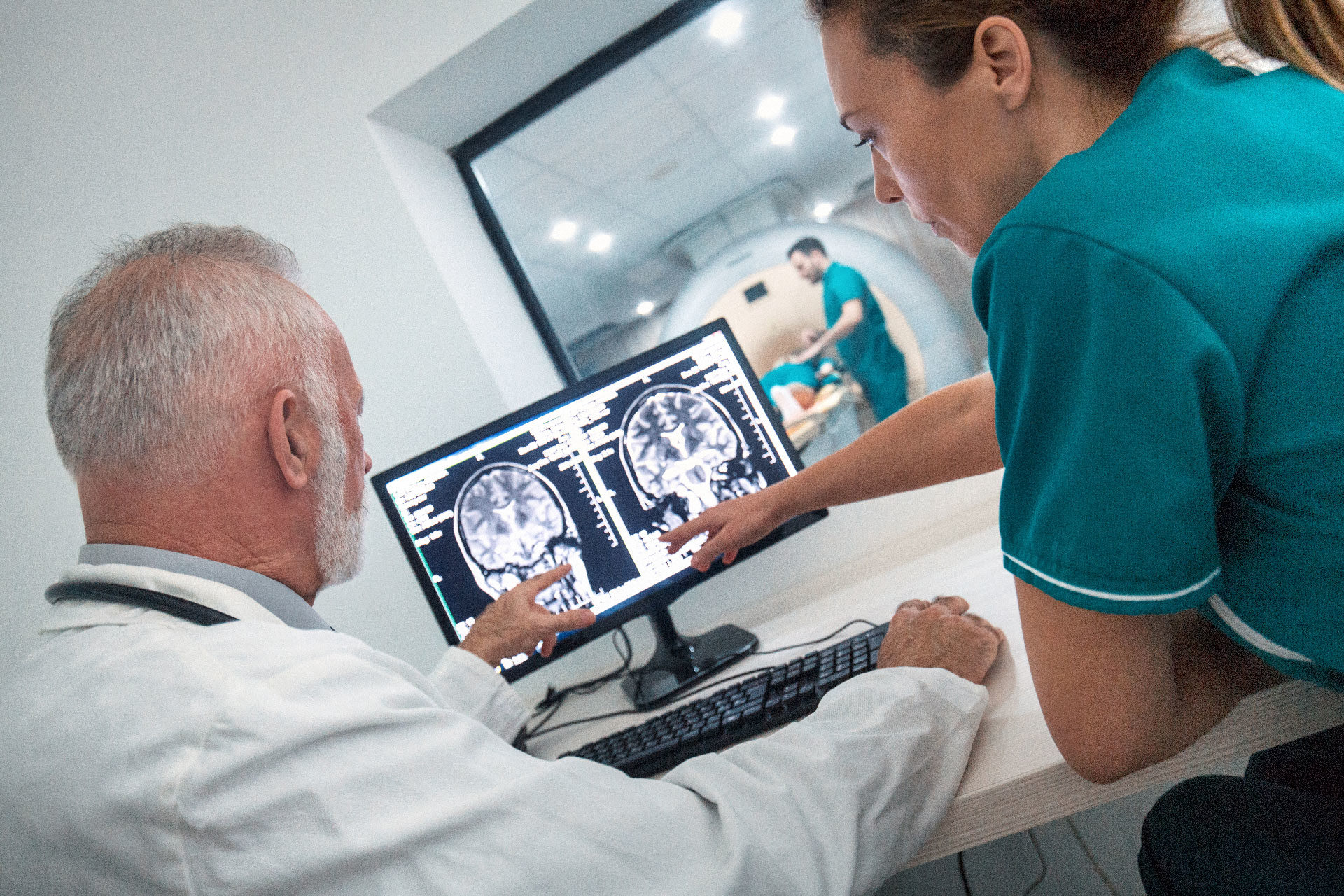
‘Clinical trials are the key to medical development. On average, patients who participate in clinical trials get access to experimental treatment six to seven years before the treatment is available on the market,’ says Siri Kolle. Kolle is Vice President Clinical in Inven2 and is responsible for Inven2’s clinical trials.
Clinical trials give health personnel important experience with new drugs and treatment methods, research experience and access to international networks.
‘It is also important for the Norwegian health industry to be able to test their treatments locally, and Norwegian innovations will then benefit patients in Norway at an early stage,’ says Kolle.
A well-organised system
Inven2 manages study agreements with the industry on behalf of all hospitals in the South-Eastern Norway Regional Health Authority as well as the University Hospital of Northern Norway (UNN). Inven2 is also responsible for following up the financial aspects of the agreements.
‘This is a good, well-organised system and it ensures an arms-length distance between the industry and the hospital, which in turn ensures transparent collaboration,’ says Kolle.
Inven2 helps to simplify the process of starting trials in Norway, and makes continuous efforts to streamline the process of putting agreements in place in order to ensure that trials can start as quick as possible.
‘The fact that we can have a fast start up process in Norway is an important competitive advantage for us. There is strong global competition to attract clinical trials, so we’ve got to be competitive,’ says Kolle.
Increase in early-phase trials in 2020
In 2020, Inven2 was responsible for the administration of 392 ongoing clinical trials and 140 of new trials were registered in 2020.
‘I am very glad that the number of new trials has increased again at Oslo University Hospital. This year, the number of new trials is with the same as the average the last five years. In particular, there has been an increase in early-phase trials; phase I and phase II trials. Twice the number of early-phase trials were notified to Inven2 in 2020 compared to 2019. If we look at the average over the last five years, this makes an increase of 50%, which is fantastic!’ says Kolle.
Kolle’s statistics show that Norway is able to attract complex clinical trials in which advanced treatment will be tested. Such trials require a predictable and complex infrastructure.
‘Many pharmaceutical companies say that Norway appears to be more attractive for these types of trials because of how well we are managing the coronavirus situation compared with many other countries. The environments that conduct these types of trials have also emphasised the importance of continuing to deliver in the trials and showing an interest in new trials in spite of the current difficult circumstances. We believe this has been very important,’ says Kolle.
She hopes that this trend will continue in 2021.
Most trials on cancer, neurology trials increasing
Cancer remains the area in which most trials are conducted, but the number of new neurology trials has increased considerably in the last year as a result of the increased focus on clinical trials at the Division of neuroscience.
‘After cancer, neurology is the area in which most industry trials are initiated globally. At the same time, neurology has been an area in which there has been few industry trials in Norway. The Division of clinical neuroscience at Oslo University Hospital has now succeeded in focusing on attracting trials and promoting their expertise and resources to companies. The Division of clinical neuroscience has many exciting trials in their pipeline, and we’re looking forward to following their progress in 2021,’ says Kolle.
Compared with previous years, the number of new trials at other health trusts has overall fallen slightly during 2020. In particular, there have been fewer phase IV and observation trials, i.e. trials that involve obtaining information on the practical use of medicines after they are approved and on the market. As with Oslo University Hospital, however, the number of new cancer trials at all health trusts is with the same as previous years.
Great expectations for 2021
Kolle has great expectations for 2021 with regards to new clinical trials. Inven2 focuses on attracting clinical trials to Norway.
‘Attracting clinical trials to Norway is not part of our mandate. Nevertheless, we work closely with the Association of the Pharmaceutical Industry in Norway (LMI) and the hospitals in trying to attract more clinical trials. For example, as part of this work, we arranged a webinar with Novartis and GSK about the internationalisation of clinical trials in Norway in August 2020,’ says Kolle.
She is looking forward to the new clinical trials’ action plan that the Ministry of Health and Care Services will be launching in early 2021.
‘The initiatives and goals in the action plan will hopefully help to increase the number of industry-initiated clinical trials, which is something Norwegian patients deserve,’ says Kolle adding:
‘The international struggle to attract clinical trials is becoming increasingly difficult, and it’s of great importance that we show that we can deliver on the trials that we get. We expect the action plan to make us more competitive in the coming years.’
Kolle is also looking forward to spring 2021 when the final report for the lung cancer part of INSPIRE, will be presented. INSPIRE is a private-public partnership between the Cancer Registry of Norway, a number of member companies in LMI, the Norwegian Cancer Society and Inven2. The primary purpose of INSPIRE is to increase the quality of data in the Cancer Registry of Norway by collecting data on the pharmacological treatment of cancer.
‘We believe that the project will help to attract more research projects and clinical trials to Norway. At the same time, we hope that this successful collaboration will pave the way for more as well as new types of collaboration between the industry and hospitals,’ says Kolle.
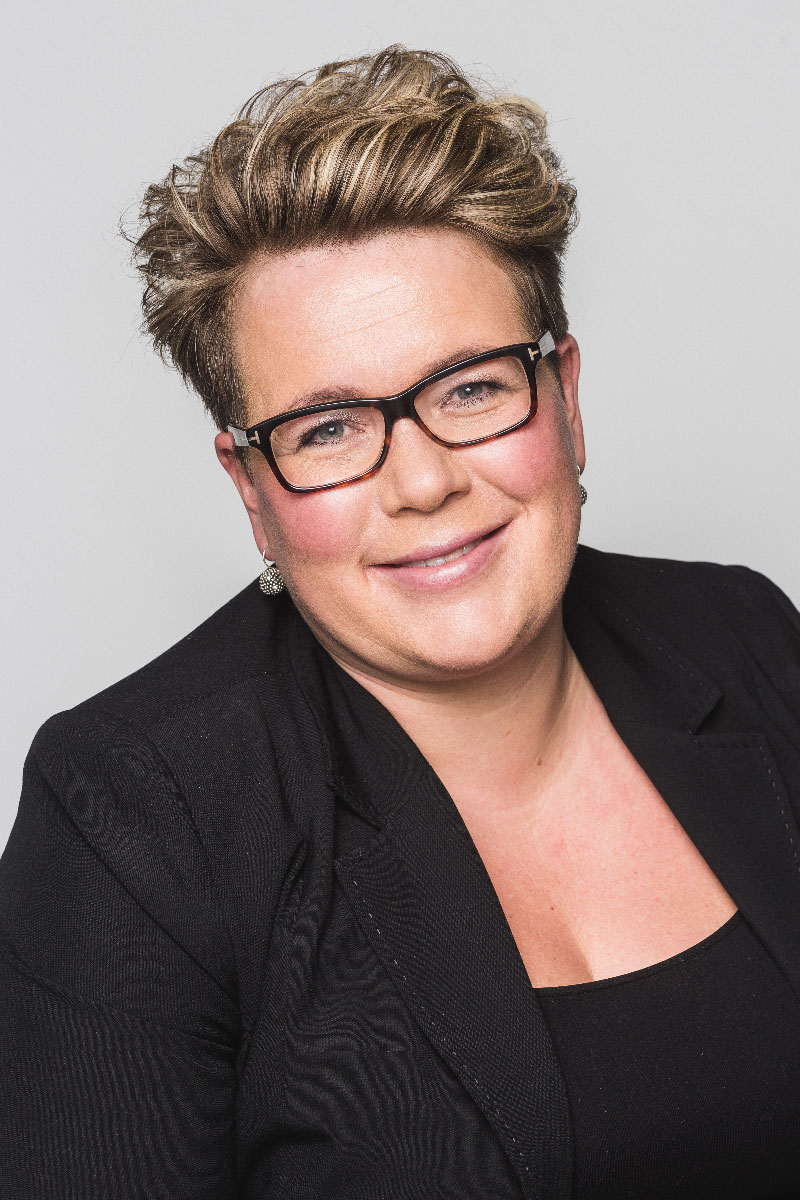
CONTACT
Siri Kolle, M.Sc
Vice President Clinical
siri.kolle@inven2.com
Mob:(+47) 41 51 37 46



 Norsk
Norsk